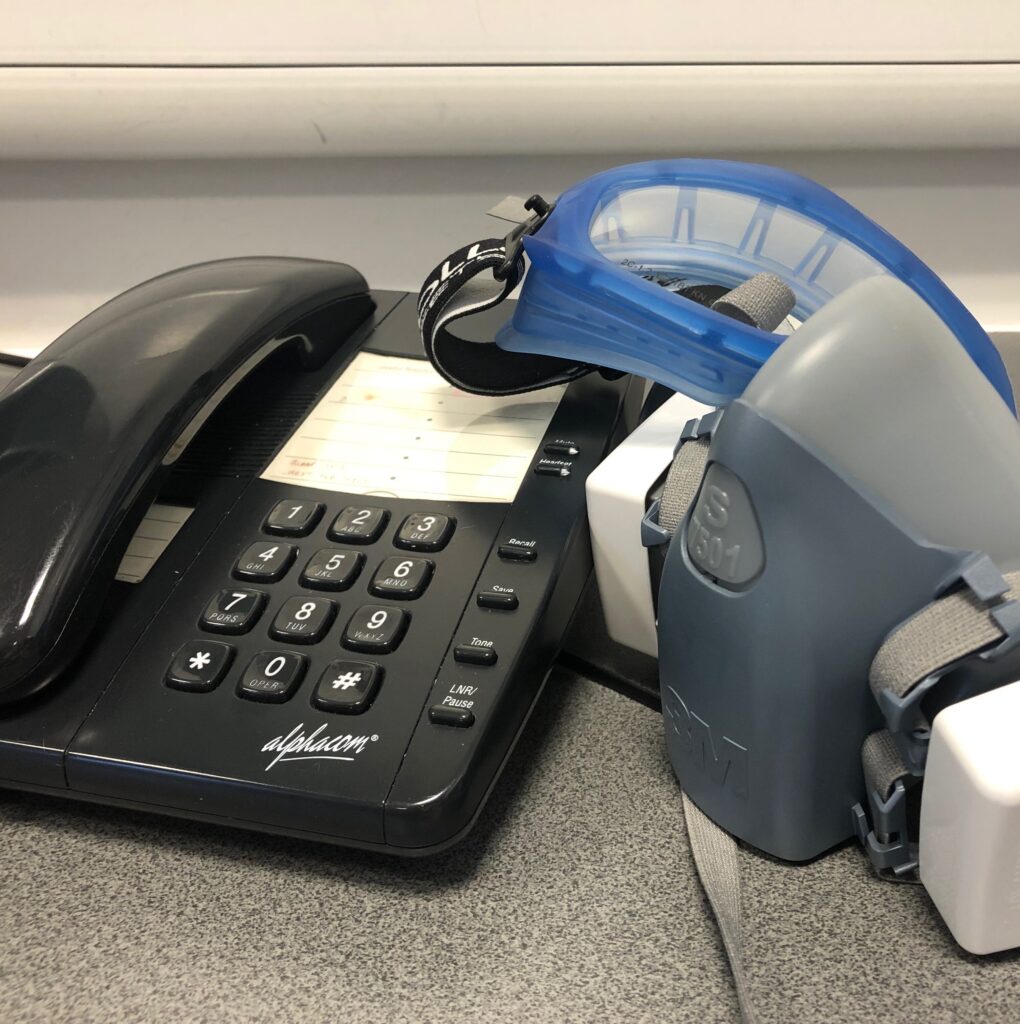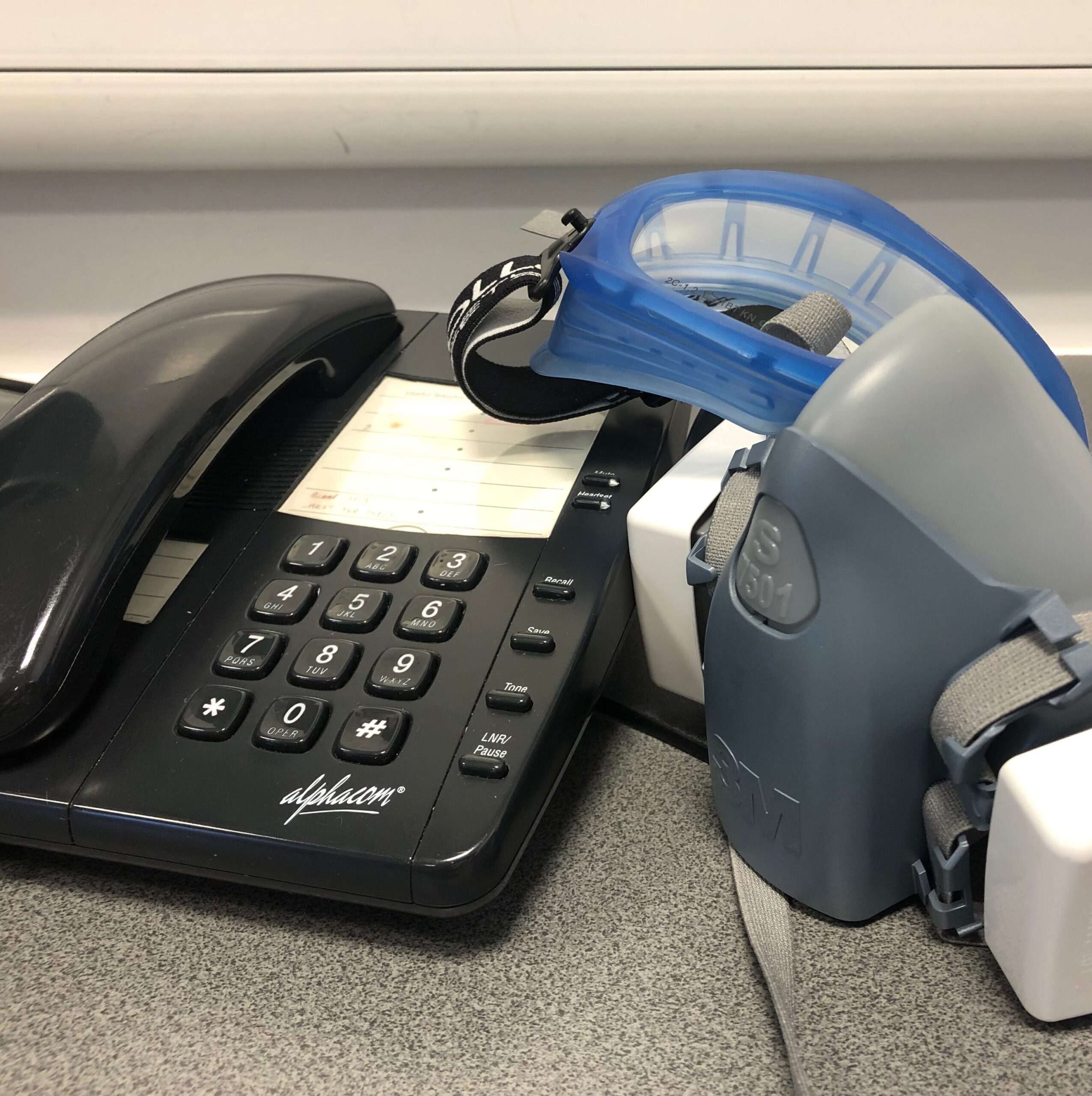
Listen to it on BBC R4 https://www.bbc.co.uk/sounds/play/p08bjlqw
I just called, to say… your husband has been admitted to the intensive care unit.
I could sense your shock even over the telephone. I realised you had only left for home a few hours earlier. I wondered if you imagined that he would be the unfortunate 10-15% of coronavirus patients needing intensive care. I wondered if you knew that it took several consultants to decide to bring him to intensive care unit. Perhaps you couldn’t see the fear behind the flimsy masks of the emergency physicians; fear both for your husband, and also for their own health.
I just called, to say… that he is stable on the breathing machine, with medications to keep him asleep.
I wondered if you realised “stable” still referred to needing near the maximal safe limit of pressure generated by the ventilator to drive air into the lungs. “Stable” meant needing double or triple the fraction of oxygen available in normal air. “Stable” meant four different medications to keep him asleep to control his breathing, each with their own side effects.
Would you be less reassured by the term “stable” if you saw the multiple artificial lines inserted into your beloved husband, from the breathing tube to the plastic lines in his neck. From a small arterial catheter in his wrist to the larger urinary one in his bladder.
I just called, to ask… are you doing alright yourself?
I wondered if you realised we healthcare workers are also struggling to take care of ourselves. After all, many of our loved ones are of similar ages, with similar co-morbidities and health conditions as your husband. We cannot help imagining our own loved ones in similar positions. We harbour the constant fear of bringing the virus back to our families. Like you, the lack of social gatherings has impaired our resilience. We find solace in sources aplenty: prayer, meditation, books, exercise, gossip, dark humour, chocolate, alcohol…the list spirals downwards. Our traditional knowledge and protocols have been questioned, our prognostic methods challenged, our patience tested, and the gaping flaws in our systems revealed. Yet we look ever outward, seeking to care than to be cared for.
I just called, to say… it is too early to tell how he would fare in this disease process.
I wondered if you realised your husband would be spending more than a couple of days on the ventilator, that the mortality rates from ICUs around the country have been hovering around 50%. Of all our prognostic methods and advanced technologies, his fate may as well be determined by a flip of a coin. I wondered if you sensed the discomfort in my voice; the need to provide life-changing information over the phone. I wondered if you were shifting in your seat as much as I was, gripped by the realisation that the next fortnight would determine if your husband would live to see your face again. I felt disappointed for not being able to offer a tissue or a hand to hold over the phone when you broke into tears.
I just called, to say… his breathing is getting worse.
When I told you we had put him face-down to help his breathing, I wondered if you realised this took seven trained members of staff about an hour to perform safely. As I explained the ebb and flow of patient journeys in intensive care, I was thankful you could not see my head in my hands. Like many colleagues, I feel discouraged by the lack of improvement in several other patients, just like your husband. I feel disheartened by the prolonged course of the disease, testing our patience. I feel demoralised; the years of training and experience now seem meaningless in the face of a novel contagion.
I just called, to say… he has had a sudden cardiac arrest.
I wondered no longer.
I needed only to be sorry.
Sorry that the virus had affected your husband’s heart.
Sorry that despite our best efforts, we were unable to resuscitate him successfully.
Sorry that you could not be with him during his last hours.
Sorry that you may never meet me, or the team that took care of him
Sorry that while his death was consistent with the 5-10% overall mortality rate, he was still 100% of your life.
I just called, to say how much we cared
I just called, to say, I’m sorry…
And we mean it from the bottom of our hearts
Postscript
I’ve been so touched by the many messages and notes received about this piece. Many were from strangers and members of the public, some even took the time to search for my email address or workplace to send me letters. Thank you for getting in touch!


[…] Telephone lament for coronavirus […]
[…] Telephone Lament for Coronavirus […]
I just loved your Daily Service broadcast today Tuesday 13 December. It was brilliantly put together. Elvis’ voice is always superb. I recognise the Chinese inflections in your voice. I.honour your daily work and pray you will be able to continue that and your other life affirming ministry, God bless
Dear June, thank you so much this message and for listening to the Daily Service. I’m really glad you enjoyed it and took the time to write to me. I hope that this Christmas will be meaningful for you and your loved ones. Thank you for your prayers and thoughts, they are very much appreciated. Many blessings, Mark